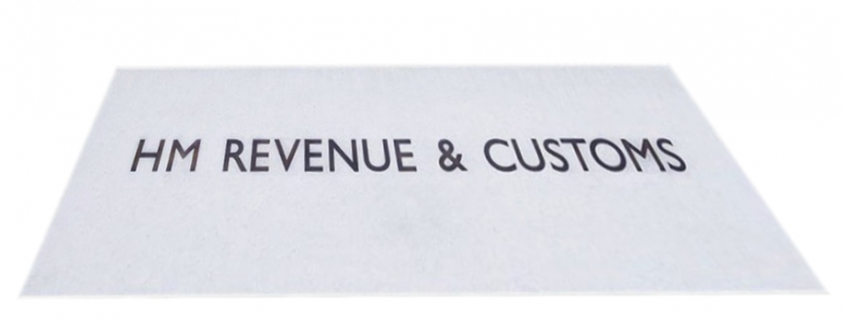Deadline for voluntary NI contributions extended
The deadline for paying voluntary national insurance (NI) contributions to top up state pension entitlement has been extended.
The move means taxpayers now have until April 5 2025 to fill gaps in their NI record from April 2006.
Announcing the move, the government said the extension “ensures no-one need miss out on the possibility of boosting their state pension entitlements.”
The original deadline was extended to July 31 2023 earlier this year, and tens of thousands of people have already taken advantage to pay voluntary contributions to HM Revenue and Customs (HMRC).
The revised deadline is expected to enable tens of thousands more to do the same.
It means men born after April 5 1951 or women born after April 5 1953 have more time to check their records and decide whether to pay voluntary contributions.
Victoria Atkins, financial secretary to the Treasury, said: “People who have worked hard all their lives deserve to receive their state pension entitlement, and filling gaps in National Insurance records can make a real difference.
“With the deadline extended, there is no immediate rush for people to complete gaps in their record and they will have more time to spread the cost.”
All relevant voluntary NI contributions payments will be accepted at the rates applicable in 2022 to 2023 until April 5 2025.
Individuals who are planning for their retirement could benefit from the opportunity to complete gaps in their NI record. Other people who may benefit include those who may have been:
• employed but with low earnings
• unemployed and not claiming benefits
• self-employed who did not pay contributions because of small profits
• living or working outside of the UK
Paying voluntary contributions does not always increase your state pension. Before starting the process, eligible individuals with gaps in their NI record from April 2006 onwards should check whether they would benefit from filling those gaps.
• Please contact me on 01772 430000 to discuss any issues raised by this article




